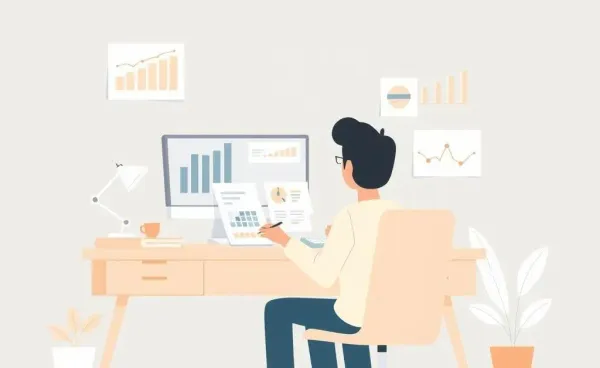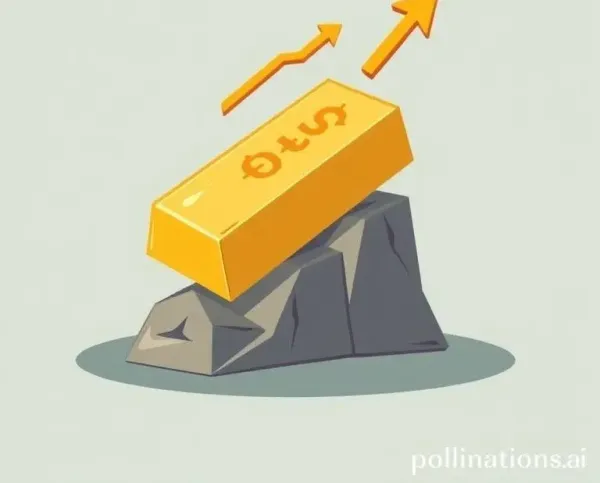What Happens to Unpaid Credit Card Debt? Insights and Steps Forward
Discover the real consequences of unpaid credit card debt and learn practical steps to manage it responsibly.
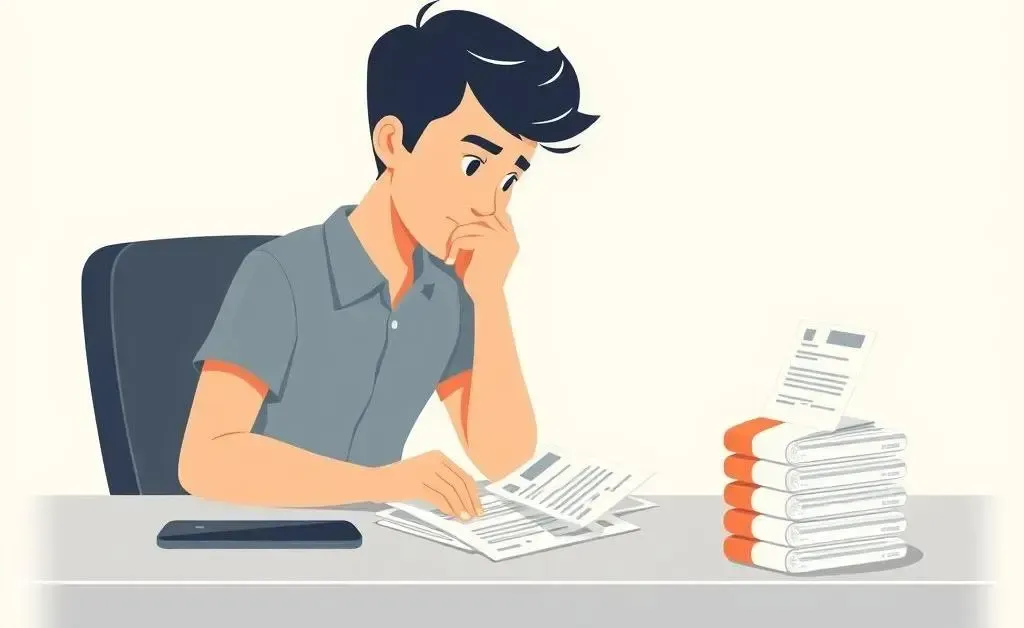
Hi there, friend. Let’s sip our tea and chat about something that’s probably crossed our minds at least once: unpaid credit card debt. It’s one of those things lurking in the corners of financial conversations, but understanding it can be the key to turning around our financial well-being.
What Happens When Debt Goes Unpaid?
Maybe a busy month slipped by, or perhaps a surprise expense threw things off balance. Whatever the reason, credit card debt can sometimes end up unpaid. But what’s the real impact of this on our lives? Let me walk you through it.
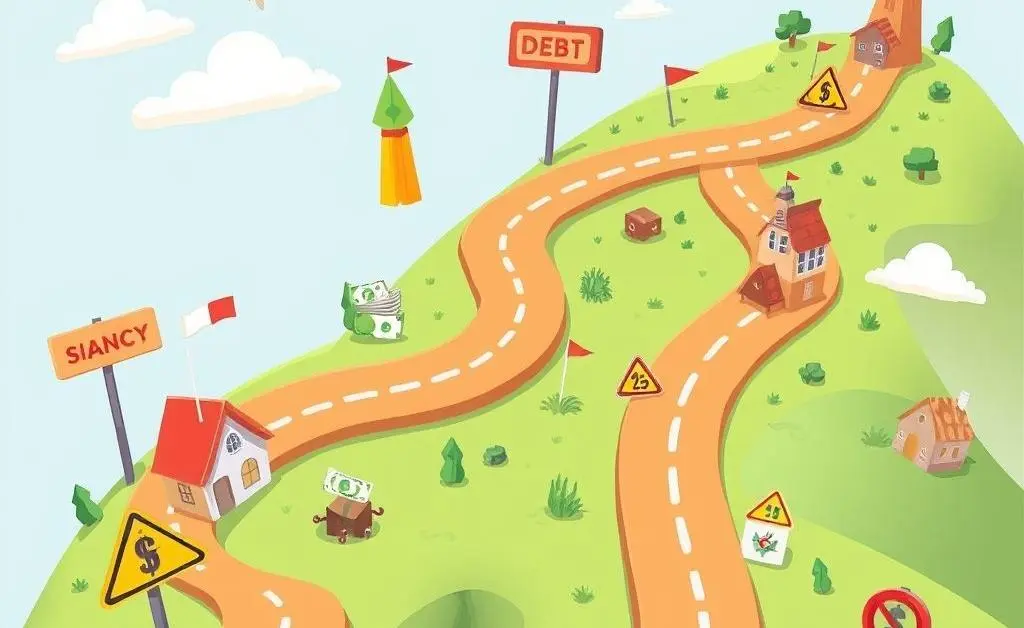
Initially, unpaid credit card bills may lead to pesky late fees and increased interest rates. Over time, those late payments might tarnish credit scores, making it harder to open new lines of credit or secure a loan for that dream home. And let’s not forget the collection calls. They can feel intrusive and consume your peace of mind.
Five Things to Be Aware Of
- Your credit score takes a hit.
- Expect escalating interest and fees.
- Collections could follow.
- Potential legal action, if things spiral.
- Strained financial opportunities.
Finding a Way Forward
All is not lost, though. Let's not panic—there are steps to regain balance. Here’s what you can do:
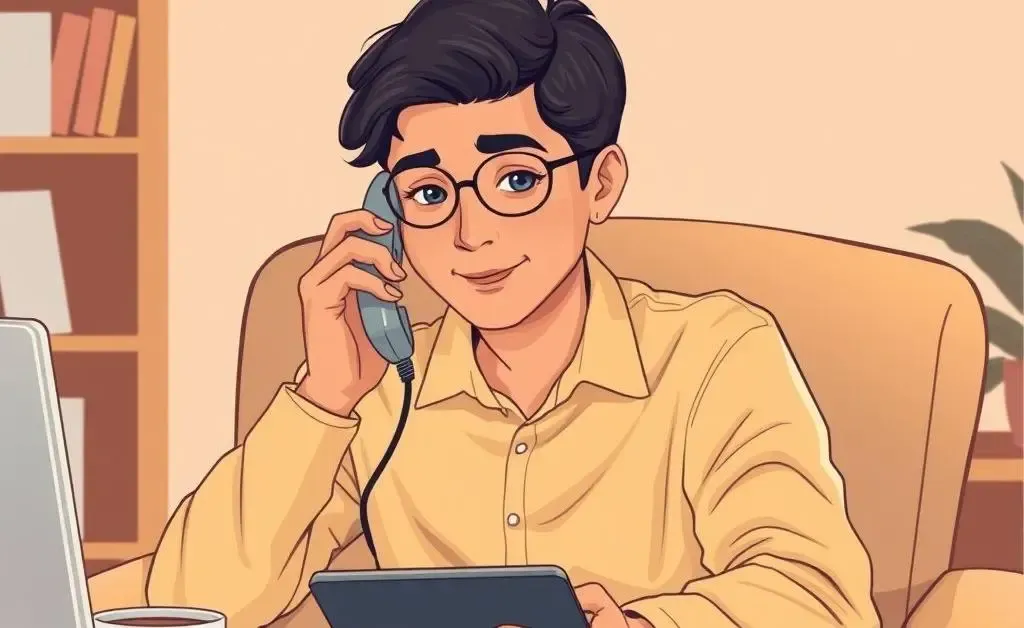
- Get in touch with your creditors: Did you know many creditors are open to creating a payment plan? It can be as easy as picking up the phone and sharing your situation.
- Professional help: Reach out for some expert advice if it gets overwhelming. Credit counseling agencies can be lifelines.
- Prioritize your payments: Start tackling debts with the highest interest to ease future burdens.
- Budget adjustments: It might be time for some essentials vs. extras audit. Trim as necessary.
- Stay informed and vigilant: Keep track of credit reports for any discrepancies.
Closing Thoughts
Ultimately, the journey to financial peace is personal. Finding your balance requires both awareness and small, manageable steps. Remember, it’s okay to ask for help and take things one day at a time.

Here’s to cozy times, friendly chats, and financial clarity. Take care, and remember to reach out if you’ve got questions or need another chat—you’re not alone!


